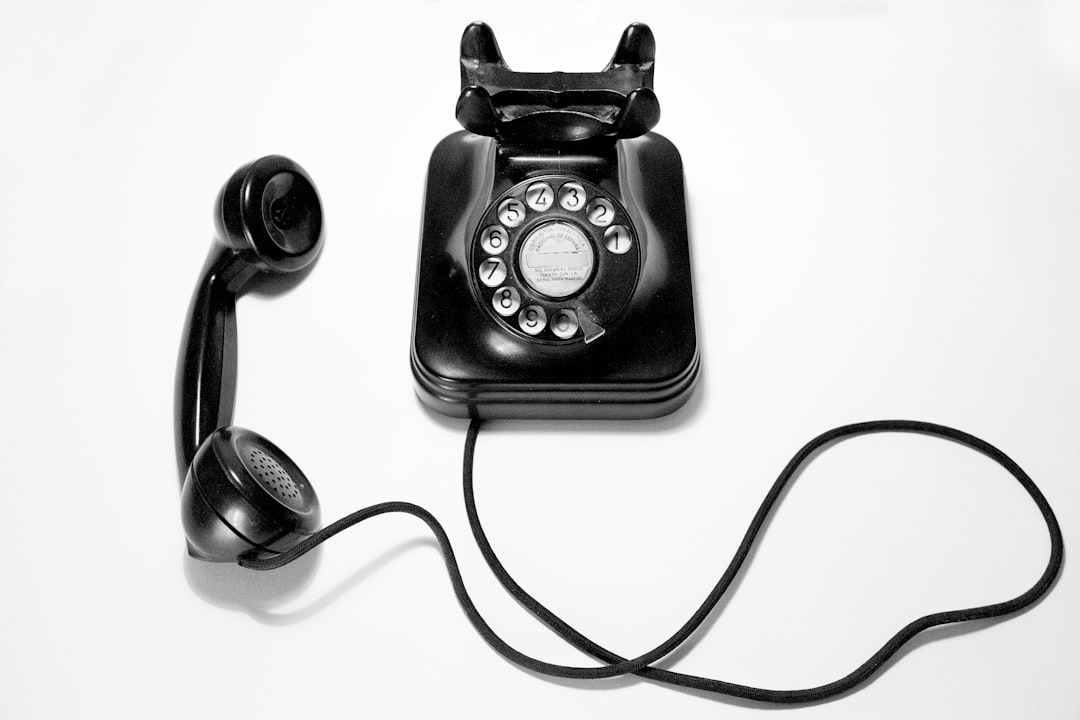Texas autodialer law firms face strict TCPA regulations for automated calls, requiring explicit client consent, clear communication, and opt-out options to avoid significant damages and treble penalties for non-compliance, especially when using autodialers for legal reminders.
“In the realm of automated communication, Robert Lee, a Texas-based resident, must navigate the intricacies of TCPA (Telecommunications Consumer Protection Act) regulations. This act safeguards consumers from unwanted automated calls, including those related to collection reminders. This article serves as a guide for Lee and autodialer-utilizing law firms in Texas, offering insights into staying compliant with TCPA guidelines. By understanding the do’s and don’ts of automated calling and adopting best practices, these entities can ensure their communication strategies remain effective and legal.”
Understanding TCPA Regulations in Texas

In Texas, the Telephone Consumer Protection Act (TCPA) regulations are strictly enforced to protect consumers from nuisance calls and texts. The TCPA prohibits automated or prerecorded calls placed to cellular phones without prior express consent of the recipient. This includes marketing calls from law firms using autodialers, as these can be considered intrusive and unfair.
Texas courts have held that a violation of the TCPA may result in significant damages, including actual monetary losses and treble damages for willful or knowing violations. Law firms operating in Texas must ensure they have proper consent before placing any automated collection calls, especially using autodialers. This includes obtaining explicit opt-in from clients and maintaining detailed records of this consent to remain compliant with the TCPA regulations.
Automated Calling for Reminders: Do's and Don'ts

Automated calling for reminders, while efficient, must adhere to strict regulations, especially under the TCPA (Telecommunications Consumer Protection Act). In Texas, law firms utilizing autodialers for collection reminders should focus on certain do’s and don’ts.
Do ensure that you have prior express consent from debtors before automating calls. This involves obtaining written permission, clearly explaining call frequency, and providing an opt-out mechanism. Don’t make automated calls to numbers listed on the National Do Not Call Registry or those who have requested not to be contacted. Additionally, tailor your messages to avoid prerecorded or artificial voices that might be considered intrusive, and always include a clear indication of your identity and purpose at the beginning of each call.
Ensuring Compliance: Best Practices for Law Firms

Law firms in Texas, especially those handling a high volume of client communications, must stay vigilant to ensure compliance with the Telephone Consumer Protection Act (TCPA). When implementing automated trash collection reminders via autodialers, firms should prioritize best practices to avoid costly violations. Firstly, obtain explicit consent from clients before initiating automated calls. This involves clear opt-in mechanisms and thorough documentation to prove informed consent.
Additionally, customize messages to ensure they are not deemed as intrusive or harassing. Use appropriate language, respect call frequency limits, and provide an easy opt-out method. Regularly update client records to track consent preferences, and promptly suspend automated calling campaigns for non-consenting individuals. Consistent monitoring and training staff on TCPA regulations are crucial steps towards maintaining compliance in the use of autodialers for legal reminders.






